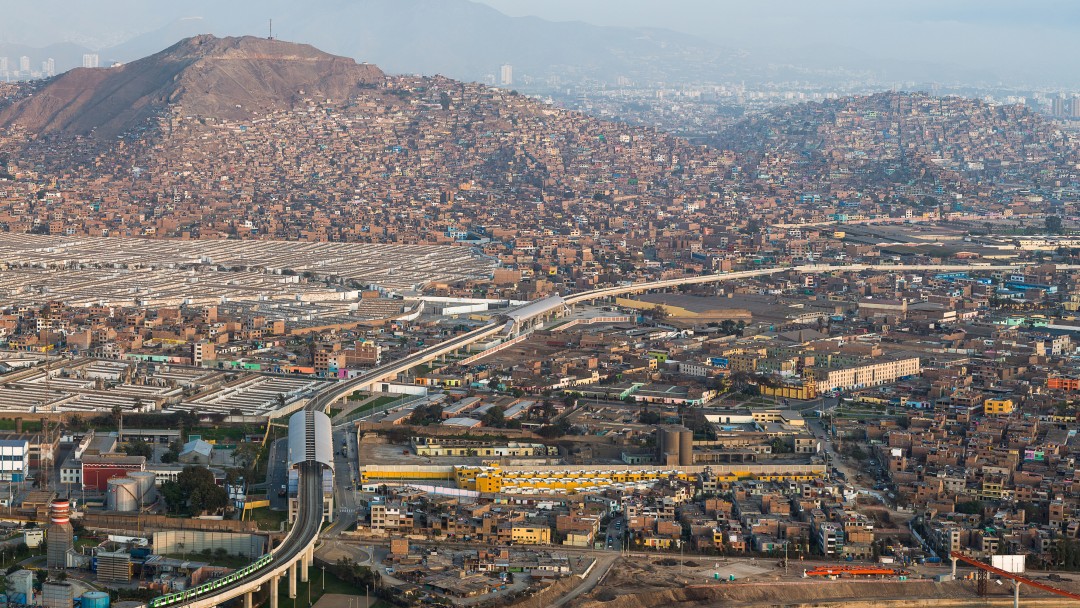
The Peruvian economy is slowly recovering from the coronavirus pandemic, which hit Peru hard, but regardless of this, government structures face enormous challenges. On behalf of the German Federal Government, KfW is financing reforms to reduce bureaucracy, make citizen services more efficient and combat corruption. The funds will only be disbursed once the Peruvian government has taken concrete steps towards reforming its public services so that they are more transparent, more citizen-friendly and more efficient.
Since the summer of 2021, there have been four different governments and nearly 70 changes in government ministers in Peru. Four former presidents and many leading politicians are being investigated for corruption, particularly in connection with bribery by a construction company that has influenced procurement practices throughout Latin America.
Citizens no longer place much trust in their government. In many sectors, ranging from water supply and mobility to environmental policy, the services provided by the government institutions are inadequate and inefficient. And yet the country is pushing ahead with reforms. Furthermore, in 2022, the OECD invited Peru to become a member of its organisation, and a roadmap for this was agreed. This stipulates extensive reforms in order to achieve the OECD standards and become a full member of this organisation in the medium term. For Peru, this step would be a kind of vote of confidence at international level and could help to boost economic development and intensify relations with the other OECD countries.
On behalf of the German Federal Ministry for Economic Cooperation and Development (BMZ), KfW is supporting the modernisation of public administration and governance in Peru and the achievement of the relevant OECD standards. To this end, it is providing a low-interest loan of EUR 120 million, which will be disbursed in tranches after a previously agreed reform agenda has been implemented. This type of lending is still relatively new and is known as policy-based lending (PBL); for the disbursement, steps are mutually agreed upon and implemented by the recipient. It is an effective and lean tool for initiating and supporting a sustainable improvement of the regulatory framework and instruments at the administrative level. The achievement of the individual reform steps ("triggers"), which result in disbursement of the loan payment, is closely monitored.
The reform elements agreed with Peru include better implementation of the National Integrity and Anti-corruption Policy, the involvement of citizens in award procedures, better financing processes for regional governments, the adjustment of tax legislation to align with OECD standards and the removal of bureaucratic hurdles. In addition, the aim is to increase the population’s satisfaction with government services.
The KfW project also includes a complementary measure to finance consulting assignments such as advice on the drafting of legislative proposals, the financing of analyses and studies as well as the training (and advancement) of employees of the Prime Minister’s office, the Ministry of Finance and the Peruvian awarding authority.
The Peruvian government can point to initial successes: The Prime Minister’s office has established platforms for express services that greatly enhance community relations. The administrative steps are running more smoothly and government benefits are being disbursed more quickly, which recently proved to be very useful during the coronavirus pandemic.
Share page
To share the content of this page with your network, click on one of the icons below.
Note on data protection: When you share content, your personal data is transferred to the selected network.
Data protection
Alternatively, you can also copy the short link: kfw-entwicklungsbank.de/s/enzBtDOQ
Copy link Link copied